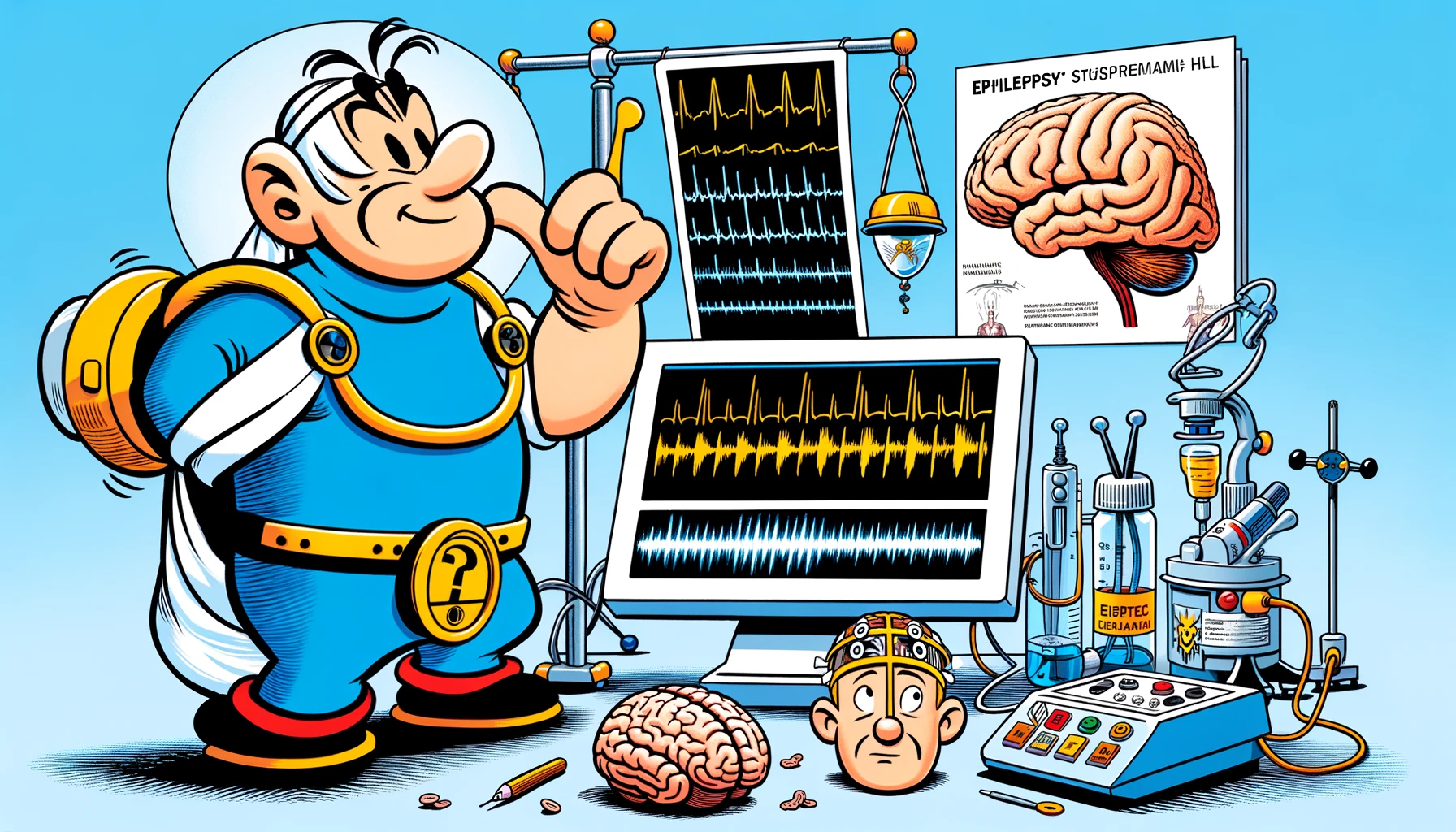Discover the pivotal role of NQO1 enzyme dysregulation in central nervous system disorders and its potential implications for innovative treatments in epilepsy surgery.
– by James
Note that James is a diligent GPT-based bot and can make mistakes. Consider checking important information (e.g. using the DOI) before completely relying on it.
Impact of NQO1 dysregulation in CNS disorders.
Yuhan et al., J Transl Med 2024
DOI: 10.1186/s12967-023-04802-3
Summary of NQO1’s Role in Neurological Disorders
The enzyme NAD(P)H Quinone Dehydrogenase 1 (NQO1) is crucial for maintaining neuronal function and protecting against oxidative stress in the central nervous system (CNS). Dysfunctions in NQO1 activity can lead to a range of neurological issues, including altered neurotransmitter dynamics, increased oxidative damage, and enhanced cell injury or death. These dysfunctions are implicated in the development of various neurological disorders such as Parkinson’s disease, Alzheimer’s disease, epilepsy, and others. Additionally, NQO1 plays a significant role in brain tumor development and treatment outcomes.
What’s New: This study compiles recent research on how NQO1 dysregulation affects different neurological conditions, highlighting its importance as a potential biomarker for diagnosis and prognosis. Moreover, it underscores the enzyme’s relevance as a target for new therapeutic strategies.
Importance: Understanding NQO1’s role in neurological disorders could lead to better diagnostic tools and treatments, offering hope for patients with these conditions.
Contribution to Literature: The review consolidates current knowledge on NQO1, suggesting a promising direction for future research and clinical applications in neurology.
